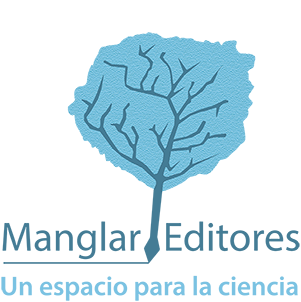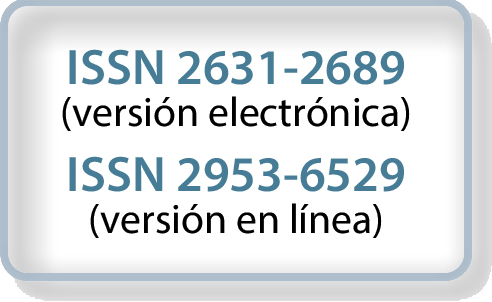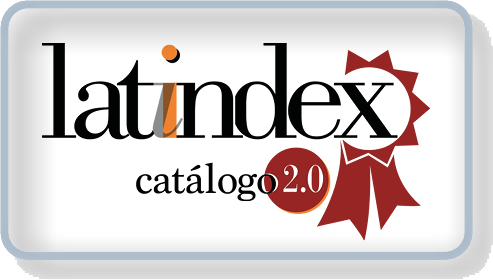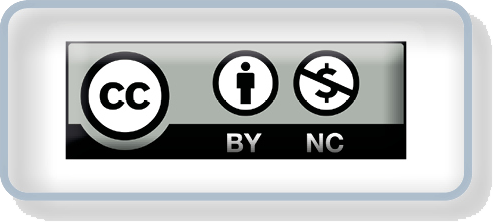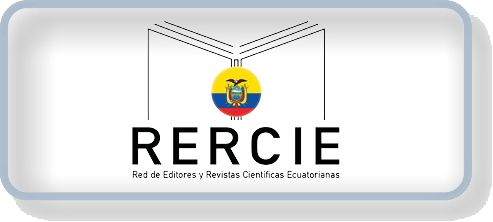Estrategias universitarias de educación e investigación en la Tercera Misión para el cumplimiento de los Objetivos de Desarrollo Sostenible
DOI:
https://doi.org/10.64736/ueplc.2025.v8.n1.4Palabras clave:
universidad, educación ambiental, igualdad de género, investigación, desarrollo sostenible, enseñanza superiorResumen
Este estudio de caso describe cómo la Universidad Metropolitana del Ecuador (UMET, matriz Guayaquil) ha avanzado en la institucionalización de la Tercera Misión al articular proyectos comunitarios con los ODS 3, 4, 5, 11 y 12. Bajo un diseño descriptivo-analítico, se combinaron análisis documental de seis proyectos (salud sexual y reproductiva, igualdad de género, educación en valores y reciclaje) y entrevistas semiestructuradas a docentes con trayectoria en vinculación. Los resultados muestran participación activa de estudiantes y profesores, articulación con docencia e investigación y alianzas con escuelas, gobiernos locales y organizaciones, con efectos inmediatos: aumento de conocimientos en salud sexual, empoderamiento femenino y reinserción social, mejoras en convivencia escolar y cambios de hábitos ambientales. Al mismo tiempo, se evidencian limitaciones en evaluación de impacto social de largo plazo, estandarización de indicadores y plena integración curricular, así como cierta fragmentación entre iniciativas. La discusión sitúa estos hallazgos en el marco internacional sobre universidades y sostenibilidad, resaltando que la pertinencia y legitimidad se fortalecen cuando existen políticas institucionales claras, mecanismos de monitoreo y alineación con políticas públicas nacionales. Se concluye que la Tercera Misión puede operar como motor de innovación social y formación profesional situada; se recomienda profundizar la gobernanza, integrar la vinculación en el currículo y robustecer métricas longitudinales para valorar transformaciones comunitarias.
Descargas
Referencias
Aarrevaara, T., Finkelstein, M., Jones, G. A., & Jung, J. (Eds.). (2021). Universities in the Knowledge Society: The Nexus of National Systems of Innovation and Higher Education. Springer. https://doi.org/10.1007/978-3-030-76579-8
Abo-Khalil A. G. (2024). Integrating sustainability into higher education challenges and opportunities for universities worldwide. Heliyon, 10(9), e29946. https://doi.org/10.1016/j.heliyon.2024.e29946
Adib, H. (2024, July). Experiential learning in higher education: Assessing the role of business simulations in shaping student attitudes towards sustainability. The International Journal of Management Education, 22(2), 100968. https://doi.org/10.1016/j.ijme.2024.100968
Aguirre, P., Hidalgo, L., & Pérez, J. (2023). Sustainability in higher education in Ecuador—Universidad Técnica del Norte (UTN) case study. International Journal of Sustainability in Higher Education, 24(5), 1136–1160. https://doi.org/10.1108/IJSHE-07-2021-0268
Al-Barakat, A., AlAli, R., Alotaibi, S., Alrashood, J., Abdullatif, A., & Zaher, A. (2025). Science Education as a Pathway to Sustainable Awareness: Teachers’ Perceptions on Fostering Understanding of Humans and the Environment: A Qualitative Study. Sustainability, 17(15), 7136. https://doi.org/10.3390/su17157136
Aleixo, A. M., Leal, S., & Azeiteiro, U. M. (2018, January). Conceptualization of sustainable higher education institutions, roles, barriers, and challenges for sustainability: An exploratory study in Portugal. Journal of Cleaner Production, 172, 1664–1673. https://doi.org/10.1016/j.jclepro.2016.11.010
Benneworth, P., & Jongbloed, B. (2010). Who matters to universities? A stakeholder perspective on humanities, arts and social sciences valorisation. Higher Education, 59(5), 567–588. https://doi.org/10.1007/s10734-009-9265-2
Bespalyy, S., Alnazarova, G., Scalcione, V. N., Vitliemov, P., Sichinava, A., Petrenko, A., & Kaptsov, A. (2024). Sustainable development awareness and integration in higher education: A comparative analysis of universities in Central Asia, South Caucasus and the EU. Discover Sustainability, 5, 346. https://doi.org/10.1007/s43621-024-00526-6
Bolstad, T., Verhulst, E., & Henriksen, R. B. (2025). Educators’ perspective on integrating sustainability in higher engineering education: a case study within an electronic engineering study programme. European Journal of Engineering Education, 1–20. https://doi.org/10.1080/03043797.2025.2486192
Bowen, G. A. (2009). Document analysis as a qualitative research method. Qualitative Research Journal, 9(2), 27–40. https://doi.org/10.3316/QRJ0902027
Budihardjo, M. A., Ramadan, B. S., Putri, S. A., Wahyuningrum, I. F. S., & Muhammad, F. I. (2021). Towards Sustainability in Higher-Education Institutions: Analysis of Contributing Factors and Appropriate Strategies. Sustainability, 13(12), 6562. https://doi.org/10.3390/su13126562
Bustamante-Mora, A., Diéguez-Rebolledo, M., Hormazábal, Y., Valdés, Y., & Vidal, E. (2024). Policies, Projects, and Initiatives for Sustainable Higher Education with Gender Equity: Literature Review and Case Study—Universidad de La Frontera. Sustainability, 16(12), 5038. https://doi.org/10.3390/su16125038
Compagnucci, L., & Spigarelli, F. (2020, December). The Third Mission of the university: A systematic literature review on potentials and constraints. Technological Forecasting and Social Change, 161, 120284. https://doi.org/10.1016/j.techfore.2020.120284
Condron, C., Power, M., Mathew, M., Lucey, S., Henn, P., Dean, T., Kirrane Scott, M., Eppich, W., & Lucey, S. M. (2025). Gender equality training for students in higher education: Scoping review. JMIR Medical Education, 11, e60061. https://doi.org/10.2196/60061
Findler, F., Schönherr, N., Lozano, R., Reider, D., & Martinuzzi, A. (2019). The impacts of higher education institutions on sustainable development: A review and conceptualization. International Journal of Sustainability in Higher Education, 20(1), 23–38. https://doi.org/10.1108/IJSHE-07-2017-0114
Flick, U. (2018). An introduction to qualitative research (6th ed.). SAGE. https://tinyurl.com/yw272sah
Flyvbjerg, B. (2006, April). Five misunderstandings about case-study research. Qualitative Inquiry, 12(2), 219–245. https://doi.org/10.1177/1077800405284363
Fuchs, P. G., Finatto, C. P., Birch, R. S., de Aguiar Dutra, A. R., & de Andrade Guerra, J. B. S. O. (2023). Sustainable Development Goals (SDGs) in Latin-American Universities. Sustainability, 15(11), 8556. https://doi.org/10.3390/su15118556
Gerring, J. (2016). Case study research: Principles and practices (2nd ed.). Cambridge University Press. https://doi.org/10.1017/9781316848593
Hazelkorn, E., & Gibson, A. (2019). Public goods and public policy: What is public good, and who and what decides? Higher Education, 271, 257–271. https://doi.org/10.1007/s10734-018-0341-3
Kohl, K., Hopkins, C., Barth, M., Michelsen, G., Dlouhá, J., Razak, D. A., Sanusi, Z. A. B., & Toman, I. (2022). A whole-institution approach towards sustainability: A crucial aspect of higher education’s individual and collective engagement with the SDGs and beyond. International Journal of Sustainability in Higher Education, 23(2), 218–236. https://doi.org/10.1108/IJSHE-10-2020-0398
Kvale, S., & Brinkmann, S. (2015). InterViews: Learning the craft of qualitative research interviewing (3rd ed.). SAGE.
Leal Filho, W., Amaro, N., Avila, L. V., Brandli, L., Damke, L. I., Vasconcelos, C. R. P., Hernandez-Diaz, P. M., Frankenberger, F., Fritzen, B., Velazquez, L., & Salvia, A. (2021, September). Mapping sustainability initiatives in higher education institutions in Latin America. Journal of Cleaner Production, 315, 128093. https://doi.org/10.1016/j.jclepro.2021.128093
Macías-Prada, J. F., Silva, Y., & Zapata, Á. M. (2024). The role of universities in Latin American social entrepreneurship ecosystems: a gender perspective. International Journal of Gender and Entrepreneurship, 16(1), 47–68. https://doi.org/10.1108/IJGE-03-2023-0081
Maxwell, J. A. (2013). Qualitative research design: An interactive approach (3rd ed.). SAGE. https://tinyurl.com/yfshpt35
Merriam, S. B., & Tisdell, E. J. (2016). Qualitative research: A guide to design and implementation (4th ed.). Jossey-Bass. https://tinyurl.com/25brms48
Miles, M. B., Huberman, A. M., & Saldaña, J. (2014). Qualitative data analysis: A methods sourcebook (3rd ed.). SAGE. https://tinyurl.com/yc3bfu3v
Nansen, C. (2024). Active Learning, Living Laboratories, Student Empowerment, and Urban Sustainability. Sustainability, 16(10), 3902. https://doi.org/10.3390/su16103902
Pinheiro, R., Langa, P. V., & Pausits, A. (2015). The institutionalization of universities’ third mission: introduction to the special issue. European Journal of Higher Education, 5(3), 227–232. https://doi.org/10.1080/21568235.2015.1044551
Pramono, M., Faisal, F., & Harto, P. (2023). The determinants of higher education institutions’ (HEIs) sustainability reporting. Cogent Business & Management, 10(3). https://doi.org/10.1080/23311975.2023.2286668
Presidencia de la República del Ecuador. (2010, 12 de octubre). Ley Orgánica de Educación Superior, LOES. Registro Oficial Suplemento, 298. (Reformada el 2 de agosto de 2018). Consejo de Educación Superior. https://tinyurl.com/y32zjsv5
Rashed, R. Q. G., Abubakar, A. A., Madani, O., & Al-Mamary, Y. H. (2025). Enhancing Student Engagement and Motivation for Sustainable Education: The Role of Internship and Institutional Support. Sustainability, 17(12), 5291. https://doi.org/10.3390/su17125291
Ribeiro, L. M., Miranda, F., Themudo, C., Gonçalves, H., Bringle, R. G., Rosário, P., & Aramburuzabala, P. (2023). Educating for the sustainable development goals through service-learning: University students’ perspectives about the competences developed. Frontiers in Education, 8, 1144134. https://doi.org/10.3389/feduc.2023.1144134
Secundo, G., Perez, S. E., Martinaitis, Ž., & Leitner, K. H. (2017, October). An intellectual capital framework to measure universities’ third mission activities. Technological Forecasting and Social Change, 123, 229–239. https://doi.org/10.1016/j.techfore.2016.12.013
Stake, R. E. (2006). Multiple case study analysis. Guilford Press. https://tinyurl.com/46aeem57
Taliento, M. (2022). The Triple Mission of the Modern University: Component Interplay and Performance Analysis from Italy. World, 3(3), 489-512. https://doi.org/10.3390/world3030027
Universidad Metropolitana del Ecuador. (2023, 7 de diciembre). Proyecto de vinculación Educación comunitaria en valores, en y desde la escuela [Boletín]. UMET. https://tinyurl.com/38887vy2
Universidad Metropolitana del Ecuador. (2024, 28 de junio). Plan de Mejora Institucional 2024–2027 [Resolución No. 38-UMET-CAS-SO-05-2024]. Comisión Institucional de Aseguramiento de la Calidad. https://tinyurl.com/5fu25teb
Uzorka, A., Akiyode, O., & Isa, S. M. (2024). Strategies for engaging students in sustainability initiatives and fostering a sense of ownership and responsibility towards sustainable development. Discover Sustainability, 5, 320. https://doi.org/10.1007/s43621-024-00505-x
Yin, R. K. (2017). Case study research and applications: Design and methods (6th ed.). SAGE. https://tinyurl.com/2s48bukw
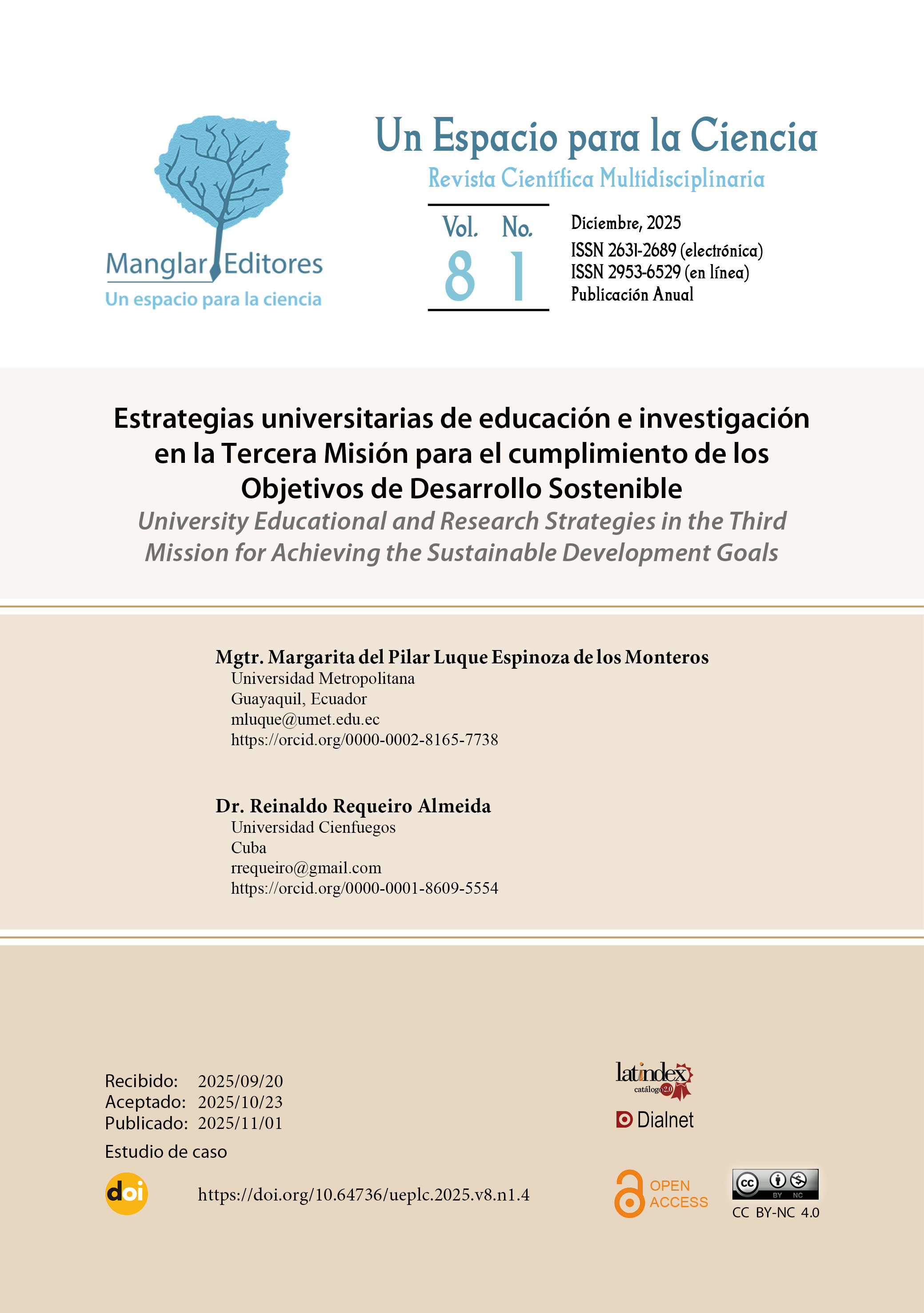
Descargas
Publicado
Número
Sección
Licencia
Derechos de autor 2025 Margarita del Pilar Luque Espinoza de los Monteros, Reinaldo Requeiro Almeida

Esta obra está bajo una licencia internacional Creative Commons Atribución-NoComercial 4.0.
Los autores de las contribuciones que sean seleccionadas para su publicación la revista científica multidisciplinaria Un Espacio para la Ciencia, conservan sus derechos de autor, sin embargo a través de la publicación, permiten la difusión del contenido de los trabajos que envían a la editorial bajo la licencia Creative Commons 4.0.





